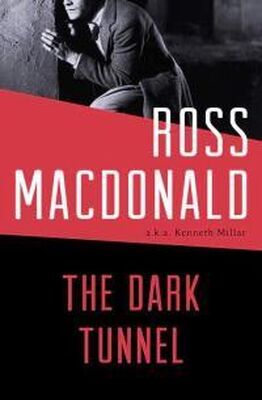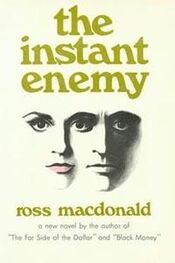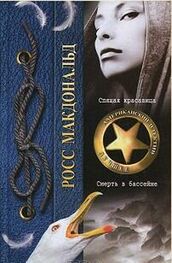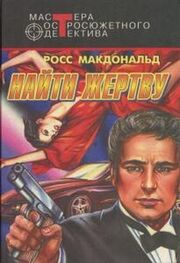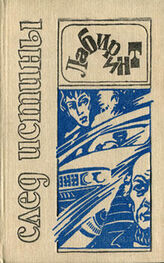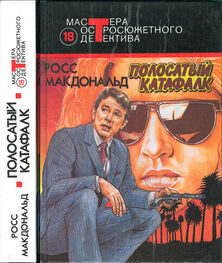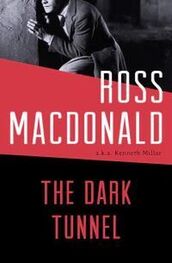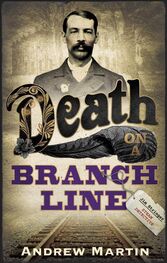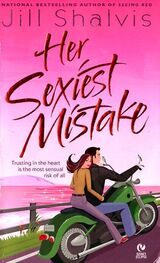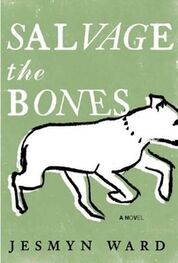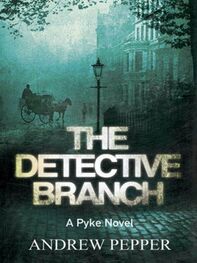By the time Ruth and I reached her flat the little drawing-room was crowded. When I was introduced, there was a good deal of heel-clicking and bowing from the waist, but there was no satanic flicker in the eyes, and neither insane anger nor South German sentimentality in the cool tones of the conversation. Franz was there and gave me a dazzling smile. Several of the other men were like him, younger-looking than their eyes and quick-moving when they moved. The women looked intellectual and tough as if they had laid aside their sex. Several of the names were Jewish. Frau Wanger’s friends were not Nazis.
On the contrary. While we were drinking our tea, there was a series of scrabbling taps on the door of the apartment. The dachshund squealed and jumped into Frau Wanger’s lap, and Ruth got up and opened the door. A heavy, grey-haired man staggered in, one side of his face glistening with blood from a gash over the eye.
“Dr. Wiener, you are hurt!” Ruth exclaimed.
There was complete silence in the room and we could hear the old man’s quick breathing. He opened his mouth to speak but his jaw shook and he could not. Some drops of blood fell from his stained beard onto his shabby black vest. Ruth helped him down the hall to the bathroom to tend his wound. Franz cursed once between his teeth and the room filled with low sounds of excitement and indignation.
“This is terrible, terrible,” Frau Wanger said to me in English. “What will you tell Americans of our country when you return home?”
“I’ll tell them about you and Ruth and Franz,” I said. (I’m telling them now.) “What happened to the old gentleman, do you know?”
“Dr. Wiener is a Jew,” she said.
In a few minutes Ruth came back into the room holding Dr. Wiener’s arm. His head was bandaged and his face was washed as pale as the bandage. He shook in his chair and could not hold his cup of tea. Ruth held it for him.
There was only one thing to talk about but nobody would talk about it in front of the injured Jew. The party broke up and the guests went home. Several of the women apologized to me for Germany when they said good-bye. The men held their tongues but there was a look of firm humility on their faces, more impressive than pride or anger. Only Franz sat on in a corner by himself, composed and self-contained.
Dr. Wiener went on trembling in his chair, trembling with rage and humiliation, trembling with terror. SS men had attacked him at the head of the street, he said, and flung him down in the gutter. They had kicked him like a dead dog in the gutter, him! a respected physician before they took away his practice, a scientist and a family man and a veteran of the last war. He spluttered with rage.
He went on trembling with terror. He must not venture forth on the streets of this accursed city, this doomed Sodom, in the light of God’s day. He must move in darkness, skulk in back streets, live underground like a rat in a tunnel, because he was the unchosen of the chosen of Moloch. He wept with humiliation and trembled with terror. He was afraid to go home.
“I will take you home, Dr. Wiener,” Ruth said and put her hand on his arm.
“I’ll come, too, if I may,” I said.
“I’m afraid I can’t,” Franz said from his corner, smiling as if at a personal joke. “I think those SS men are looking for me.”
“Stay with me as long as you wish,” Frau Wanger said. “Both of you.”
“Vielen Dank,” Franz said. “Until dark.” He stayed in his corner, relaxed but ready like a boxer between rounds.
Dr. Wiener said, “You are very good. But I must go home to my wife. She must not be left alone.” As night fell in the German cities, Jews were safer in the streets and less safe in their houses.
He got up and walked slowly to the door on knees that were bent with age and weakness. Frau Wanger said Auf Wiedersehen with anxiety in her voice, and Ruth and I went down the long stairs with Dr. Wiener between us, each of us holding an arm.
He walked slowly and heavily but bore most of his own weight. We went out into the street and along the deserted sidewalk. The brown stone buildings looked ancient and obtuse. The lighted windows seemed to hum with a mad, inner fire consuming a doomed city.
I said to Ruth, “Why are they after Franz?”
“He’s a worker for the Austrian Sozialdemokraten. He came to Germany to fight Anschluss. He should not have come.”
“You must not stay,” I said. “Will you marry me and come to America?”
She spoke across Dr. Wiener, who was moving like a sleepwalker, lost in the old melancholy dreams of the Jew. “I love you. When all this is over, I will go with you if you want me to. Now there is work to do in Germany. It will take years. It may take all my life.”
“You’re going to stay, then?”
Before she could answer, four men in black uniform came out of an arched doorway at the head of the block and approached us walking in step, their polished belts shining dully in the lamplight. Their black metallic bodies were like the products of a foundry and lent no humanity to the street. We stood still and watched them come. Ruth took two steps towards them and stood still again. We moved up behind her. The four SS men passed under a streetlight and their shadows lengthened towards us on the pavement.
Their heels clicked on the concrete like four metronomes synchronized, and they came to a halt facing us, as if somebody had pressed a button. The smallest of the four, a slim, elegant job with a baby face whose works alone must have cost a fortune in marks, spoke to Ruth in German:
“An Aryan lady promenading with a Jew. How charming.”
In the face of what he feared, Dr. Wiener had stopped shaking. I felt his arm stiffen under my hand.
“A von Esch promenading with Nazi cut-throats,” Ruth said. “Equally charming.”
“You treacherous whore,” said the beautiful young man. “Get out of my way and go home.”
She struck him across the face and he seized her arm and twisted it and flung her into the road. She fell on her hands and knees.
I stepped in front of the old man and hit out at the officer. He stepped back and raised his stick in the air. Out of the corner of my eye I saw Ruth get up from the road with blood on her torn stockings and run towards us. The stick came down across the side of my face and my left eye seemed to burst in my head. I struck wildly at the white sneering face and jarred my arm on flesh with bone and teeth under it. I heard a live skull thud on the pavement.
Something hit me over the head and I saw black swastikas swarming in a red sky.
The first thing I saw when I came to was a framed and enlarged photograph of Der Führer accepting a bouquet of flowers from a little girl in a white dress. It moved me deeply.
I raised my head and the shifting weight on top of it and looked around me. I was lying on a bench against the wall where the photograph hung, in a long, dimly lit room. Most of Dr. Wiener was lying on the next bench, but parts of his head and face were missing. I went over to him but he did not say anything because he was dead. I felt his cold hand.
Ruth was not there but several officers of the law were. I had attacked a Nazi officer, Captain von Esch, and they suspected me of worse crimes. They questioned me all night. They would not answer my questions about Ruth Esch. I would not answer their questions about Ruth or Franz or anyone else.
In 1937, the Nazis were still leery of mistreating American citizens, although they had killed one or two and imprisoned and deported several newspaper correspondents. In the morning, two Gestapo men in plain clothes collected my luggage, took me to the Bahnhof and put me on a train for Switzerland. I didn’t see Ruth after that.
Читать дальше